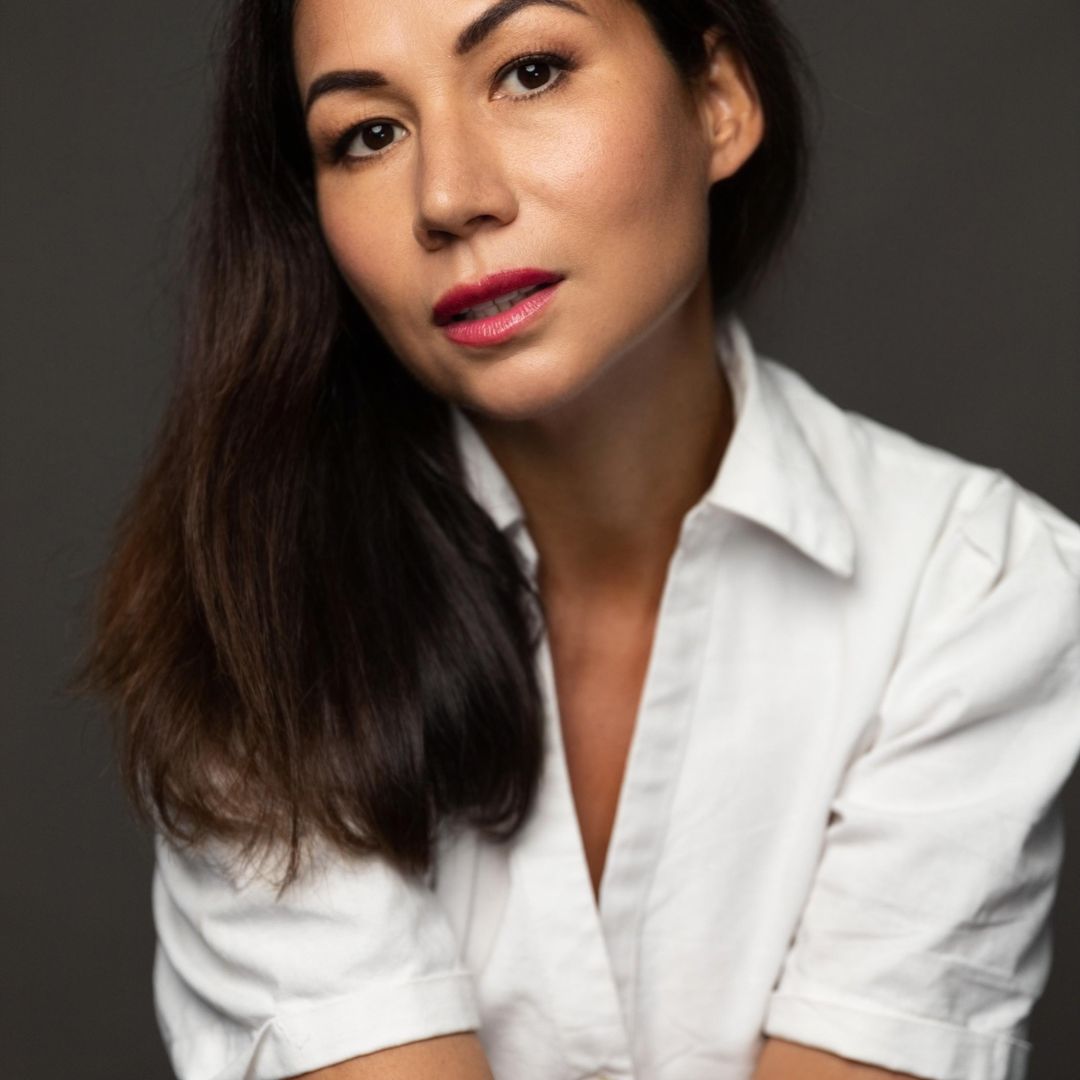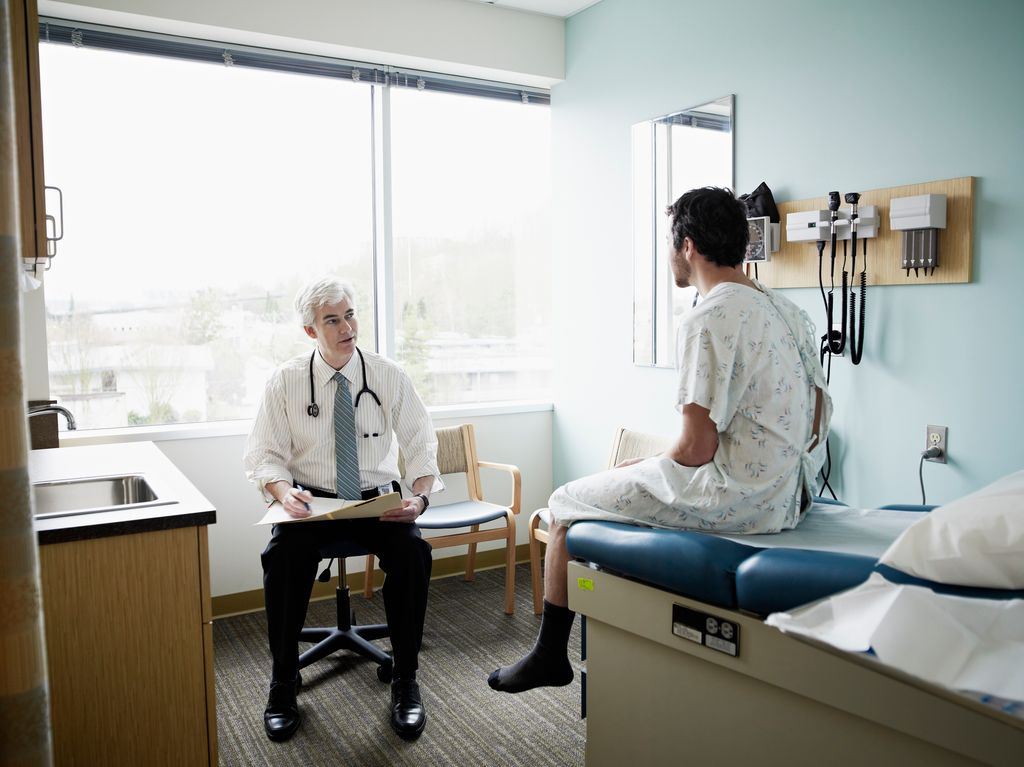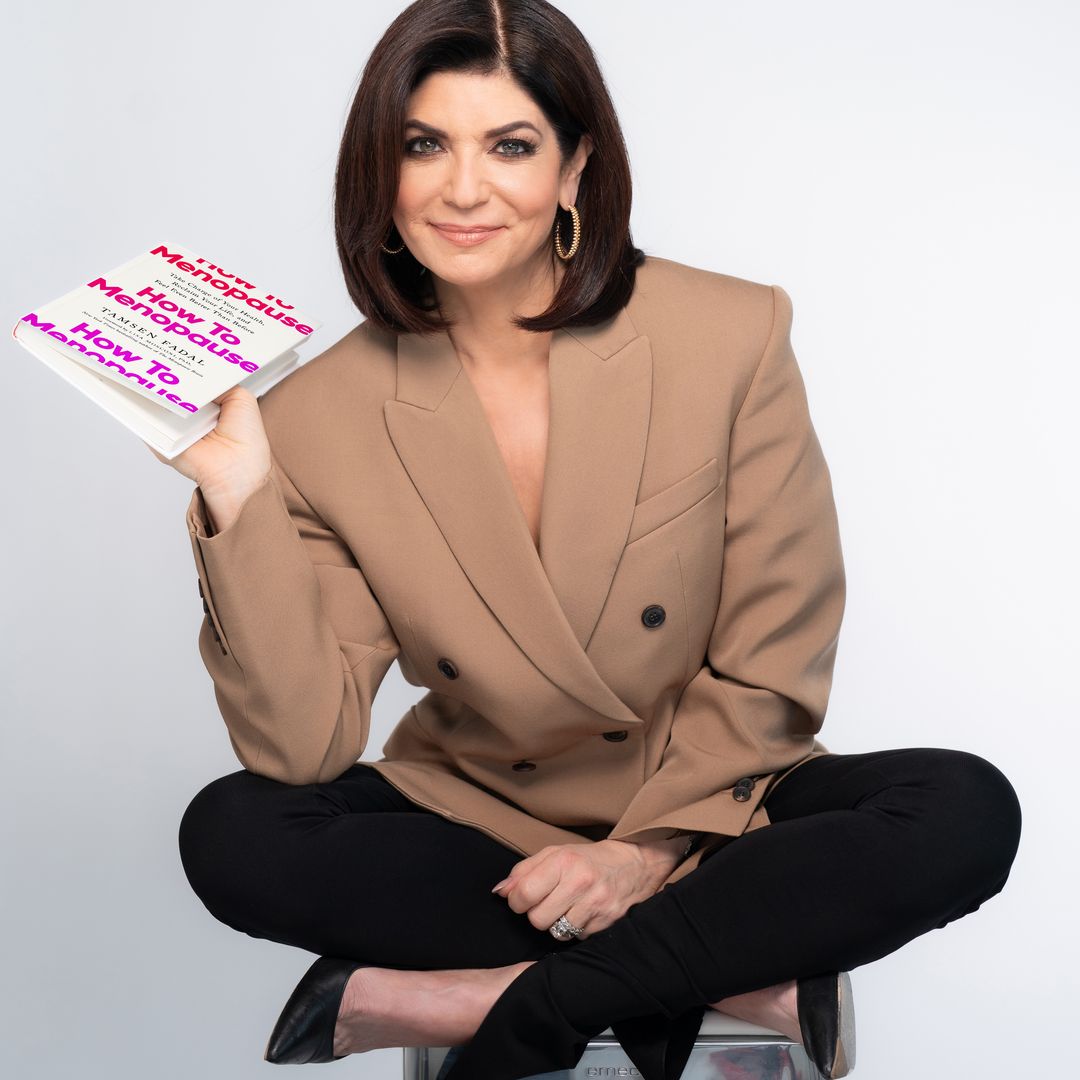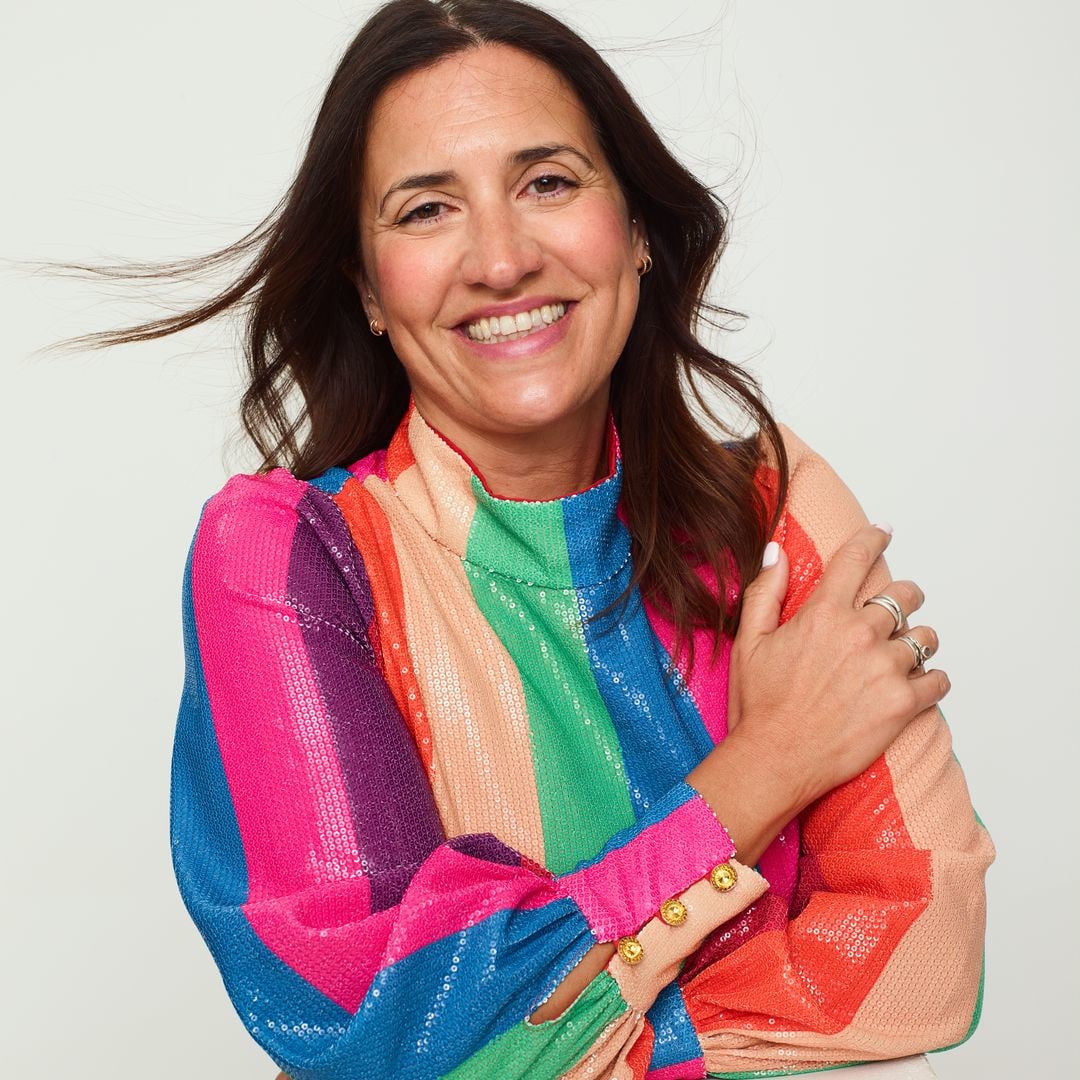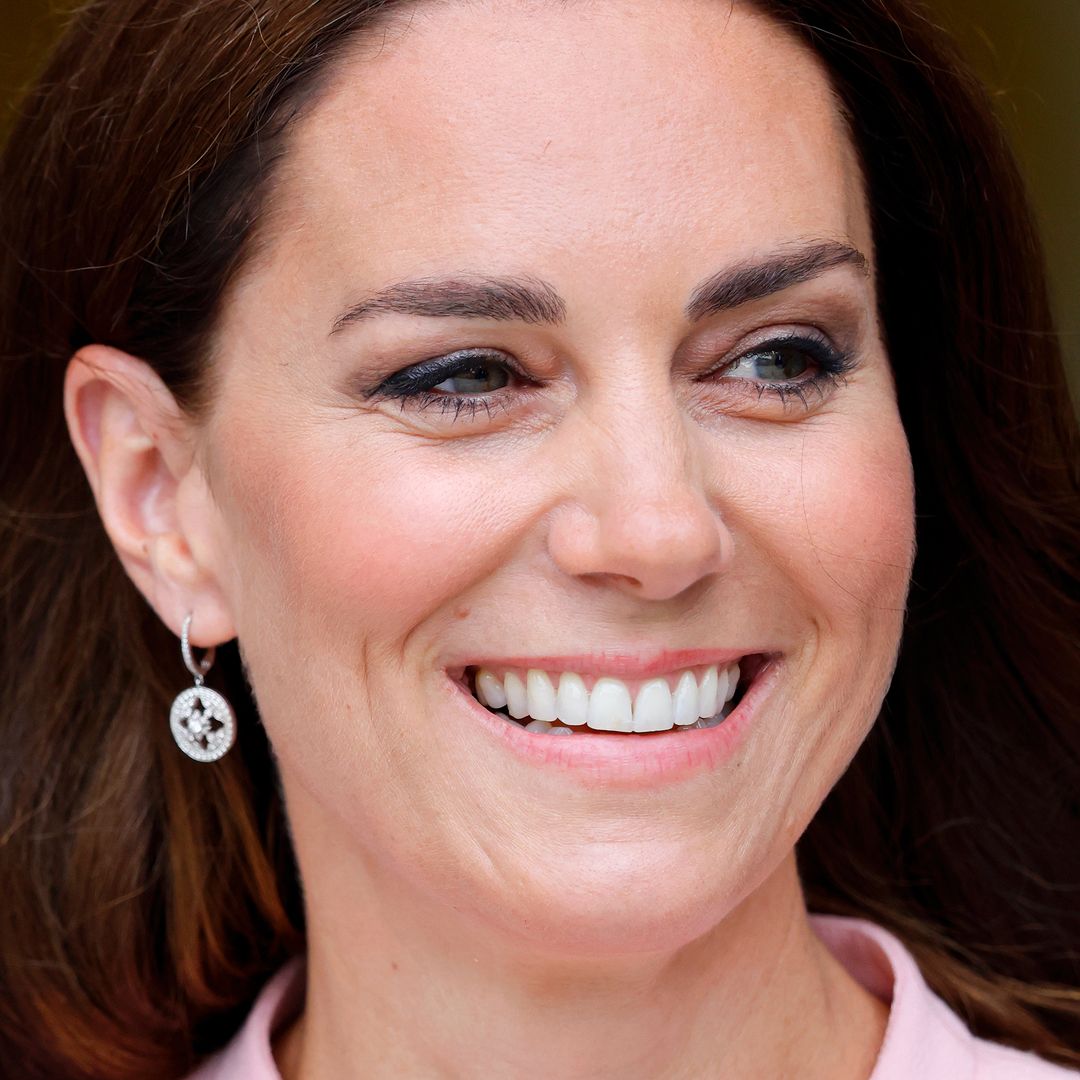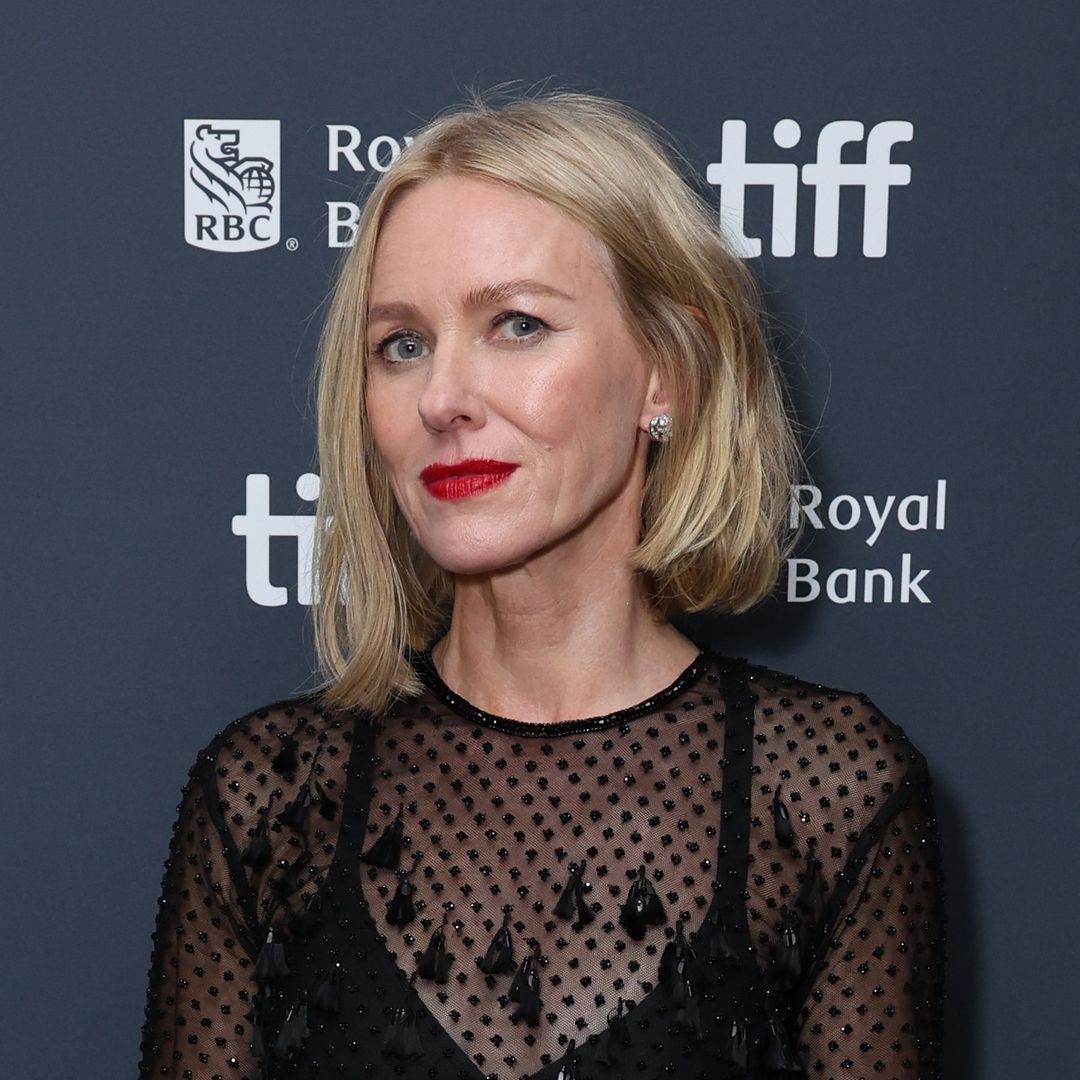The phenomenon commonly referred to as "male menopause," or andropause, is shedding light on the hormonal changes men face as they age, challenging the notion that menopause is a condition exclusively affecting women.
According to the Mayo Clinic, andropause is defined as "aging-related hormone changes in men," marking a significant period in a man's life where testosterone levels begin a gradual decline, approximately one per cent per year after the age of 40.
This decline in testosterone can lead to a host of symptoms that mirror those experienced by women during menopause, including decreased libido, fatigue, mood changes, and physical alterations like reduced muscle bulk.
"Testosterone levels decline on average about 1% a year after age 40," notes the Mayo Clinic, highlighting the gradual nature of this condition. By age 70, some men report up to a 50% reduction in testosterone levels compared to their peak, a statistic that underscores the condition's prevalence and impact.
The American Urological Association adds further context, stating that "about 3 in 10 men in their 70s and 80s suffer from low testosterone levels," indicating the widespread nature of andropause among older men.
Despite the commonality of these hormonal changes, the conversation around andropause remains relatively muted, overshadowed by misconceptions and societal norms that often equate masculinity with perpetual virility and strength.
Addressing andropause and its symptoms involves a multifaceted approach. While there is no cure for the natural decline of testosterone with age, treatments such as testosterone replacement therapy (TRT) offer a way to alleviate symptoms.
Prescription testosterone injections, topical gel or cream, oral medications or over-the-skin patches can be used to steadily increase hormone levels, offering relief from symptoms such as reduced sex drive and fatigue.
However, the rise in TRT's popularity has not gone unnoticed by medical professionals. Dr. Michael O’Leary, a urologist at Harvard-affiliated Brigham and Women’s Hospital, expressed his observations to Harvard Health:
“Virtually everybody asks about this now because the direct-to-consumer marketing is so aggressive,” he said.
This surge in interest is partly attributed to advertising that targets men experiencing common symptoms of andropause, such as fatigue.
Dr. O’Leary emphasizes the importance of proper diagnosis, stating, "If they have significant symptoms, they’ll need to have a lab test," though he notes that "in most men the testosterone level is normal."
Beyond medical treatments, lifestyle modifications play a crucial role in managing andropause. A balanced lifestyle incorporating exercise, healthy eating, and adequate sleep can naturally support testosterone levels.
Research highlighted in Obesity Reviews connects overweight conditions with lower testosterone levels, suggesting that weight loss could potentially elevate these levels, offering a non-pharmacological approach to managing andropause symptoms.
Raising awareness about andropause is a growing movement, with public figures like British TV presenter and influencer Israel Cassol bringing attention to the condition. After being diagnosed with "male menopause" post-40, Cassol shared his initial shock and subsequent advocacy journey:
“I couldn’t believe what I was hearing, I thought that menopause was something only women went through, I never knew it could affect men just as much,” Cassol explained to Daily Mail.
Israel's mission to "petition more acknowledgment of male menopause" is part of a broader effort to dismantle the stereotypes preventing open discussions about the condition. Jed Diamond, a psychotherapist and author of The Male Menopause, spoke about the societal barriers men face: “
One of the greatest barriers that keeps men from talking about male menopause is the fear of being less than manly,” Jed told The Post highlighting the profound impact of societal expectations on men's willingness to discuss their health openly.
Faye James is an accredited nutritionist, member of the Australian Menopause Society and author of The Menopause Diet

